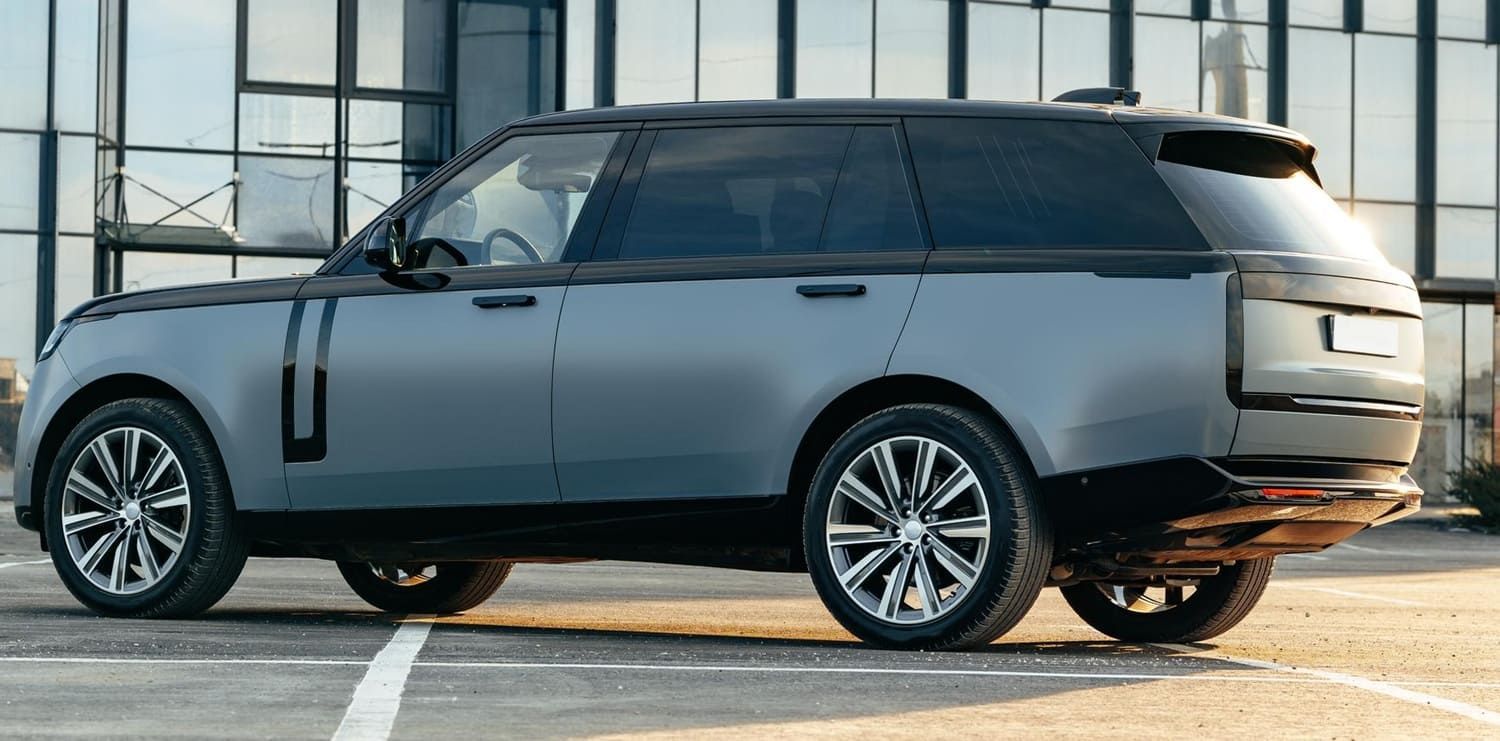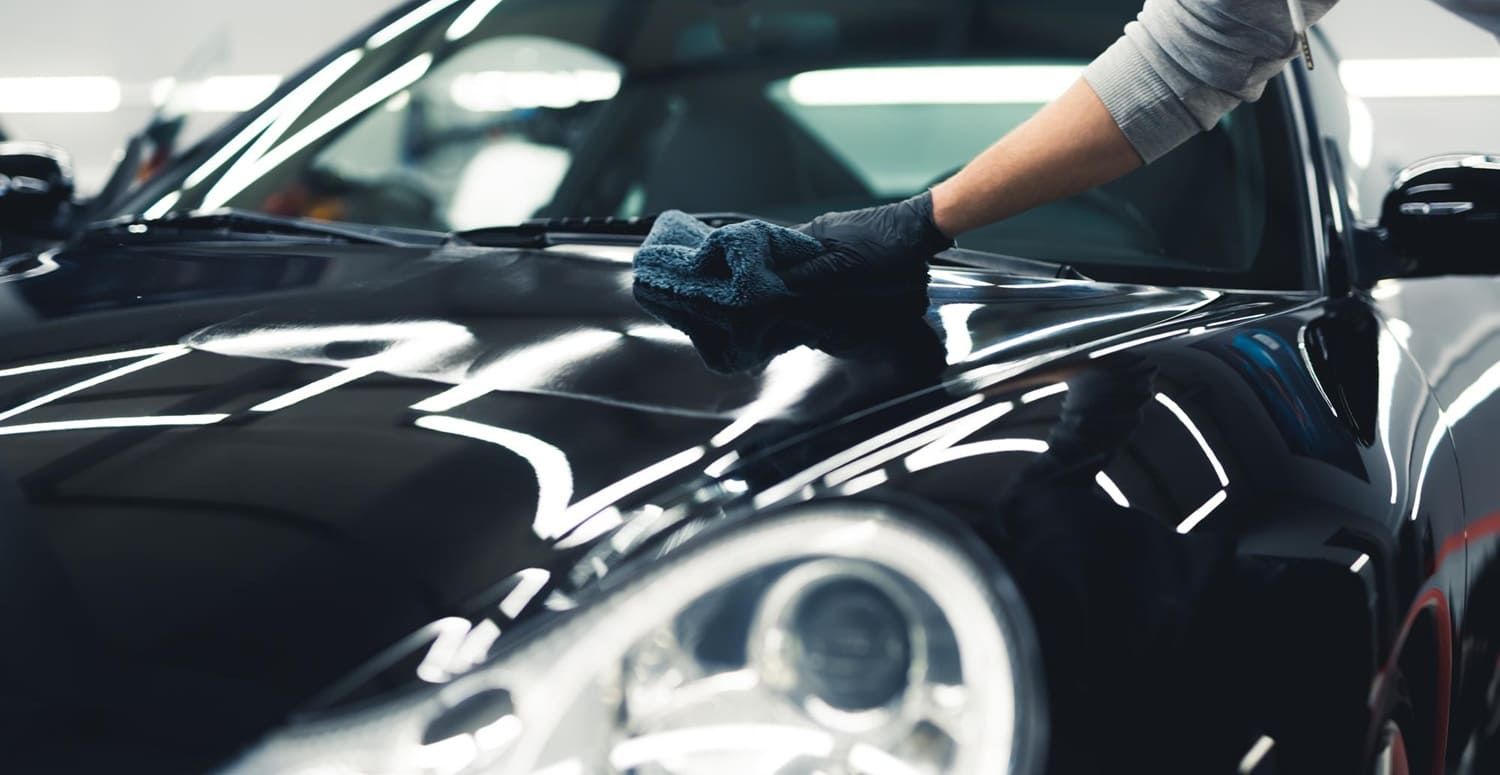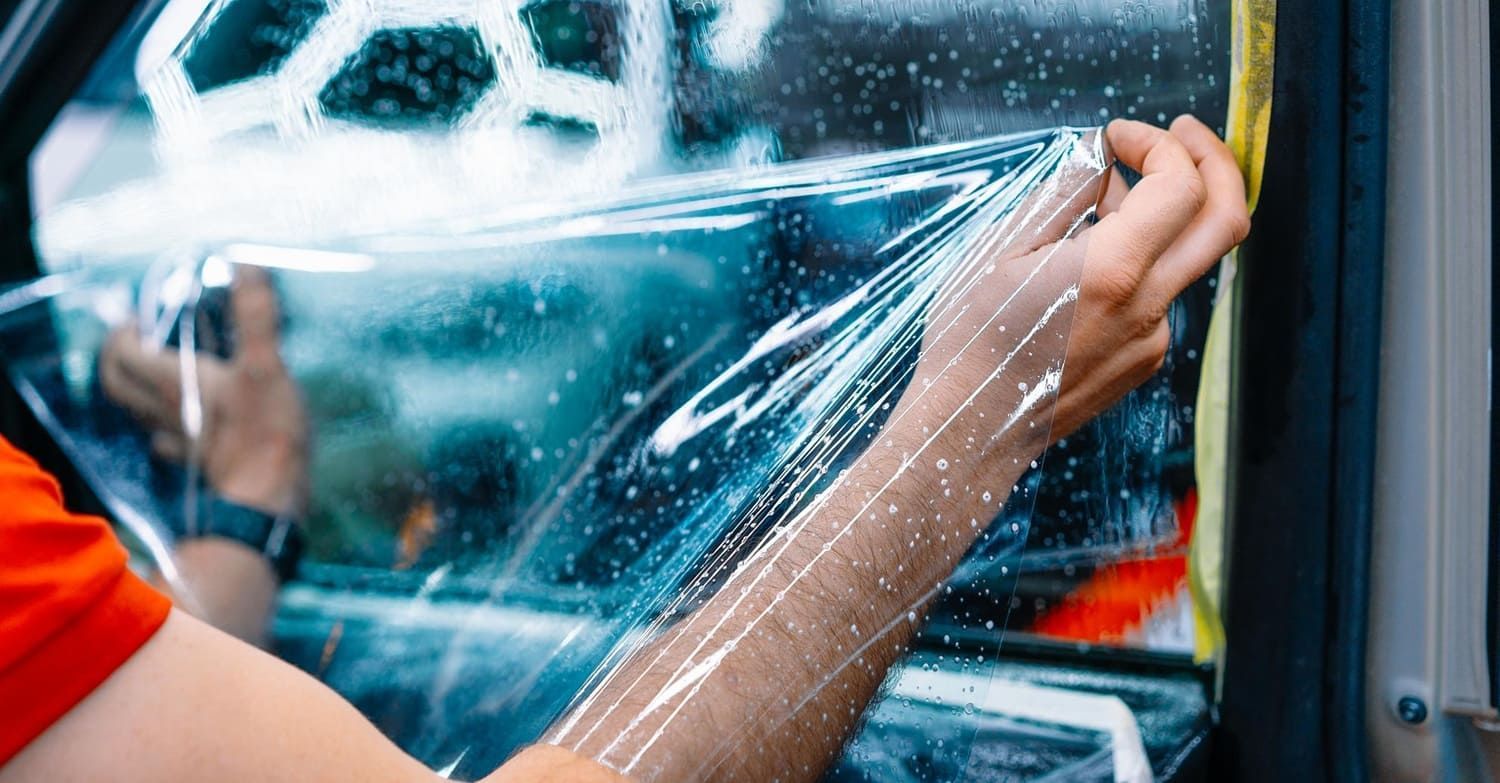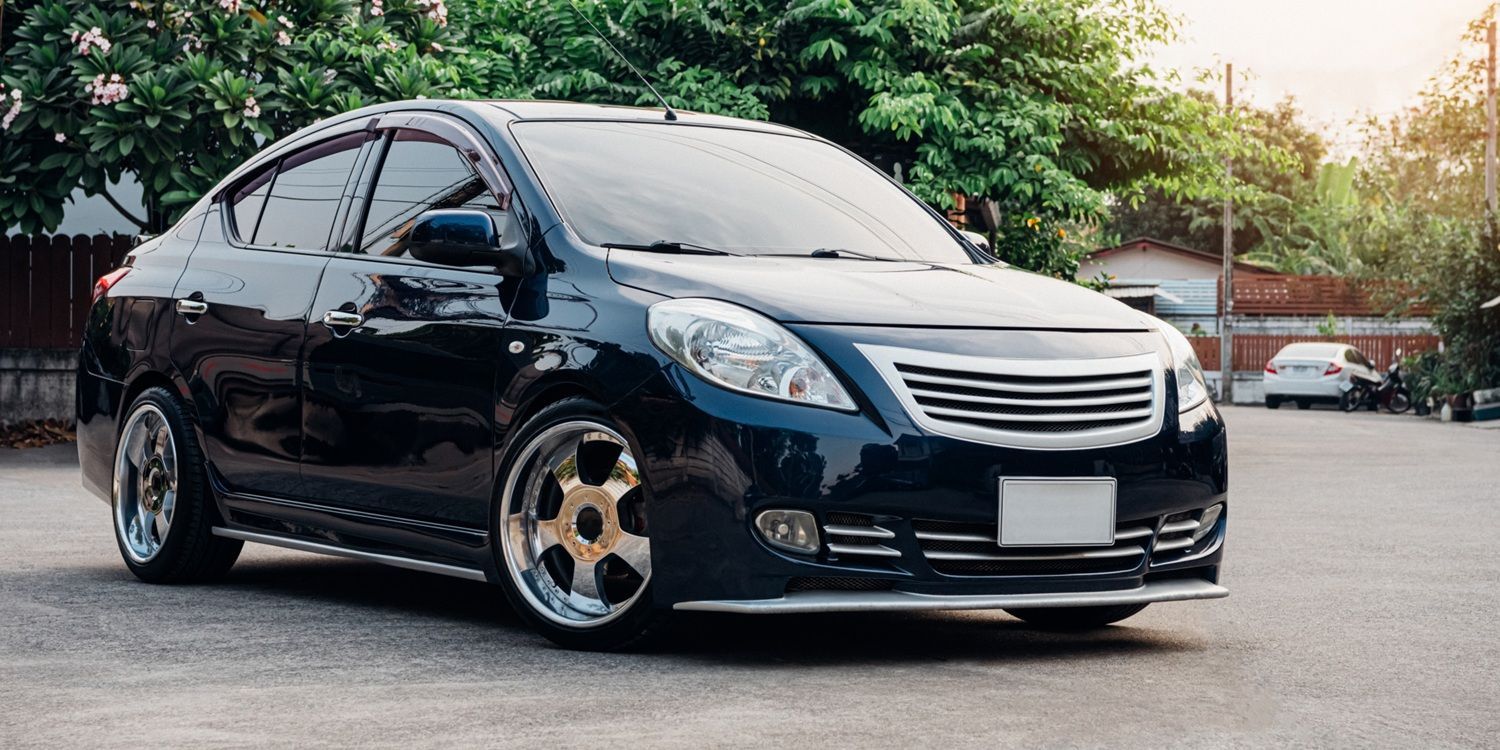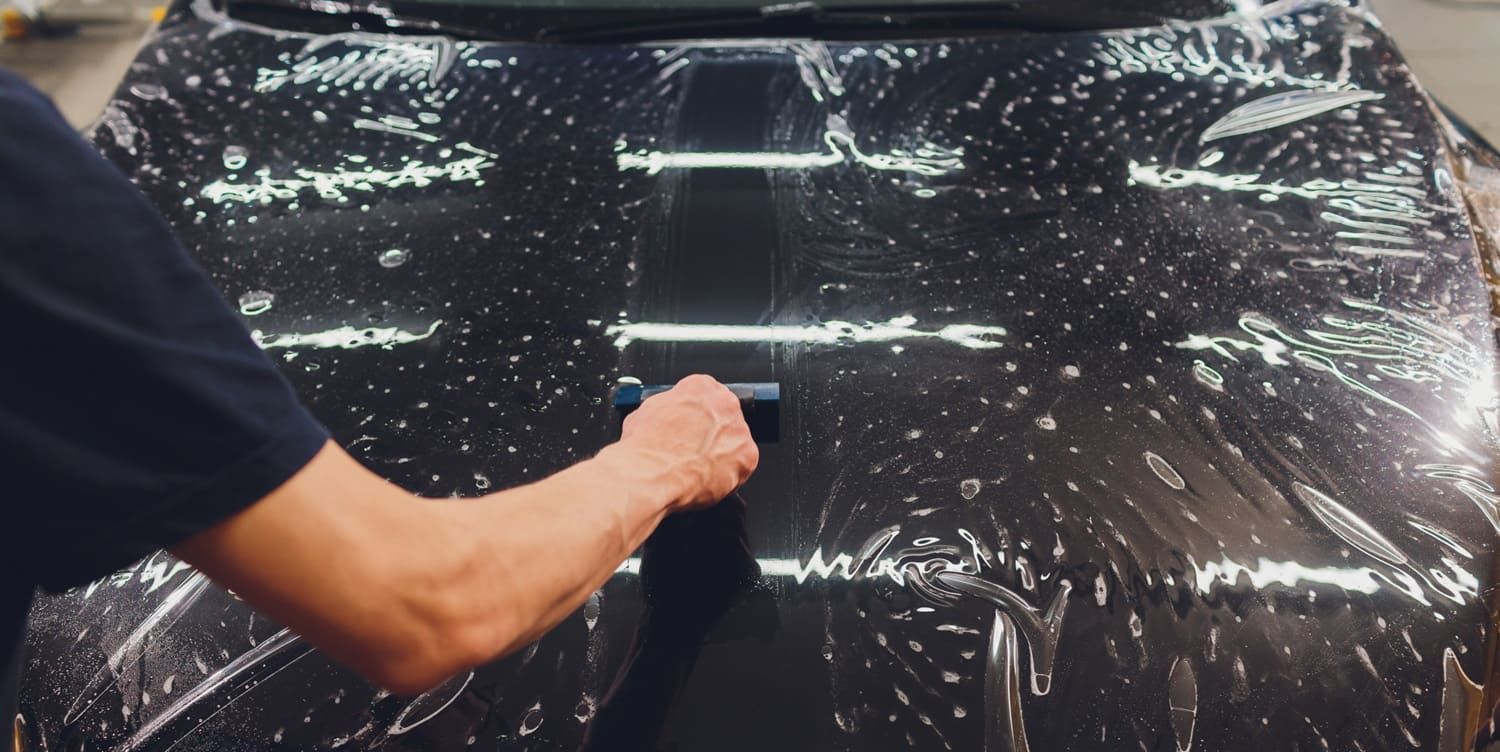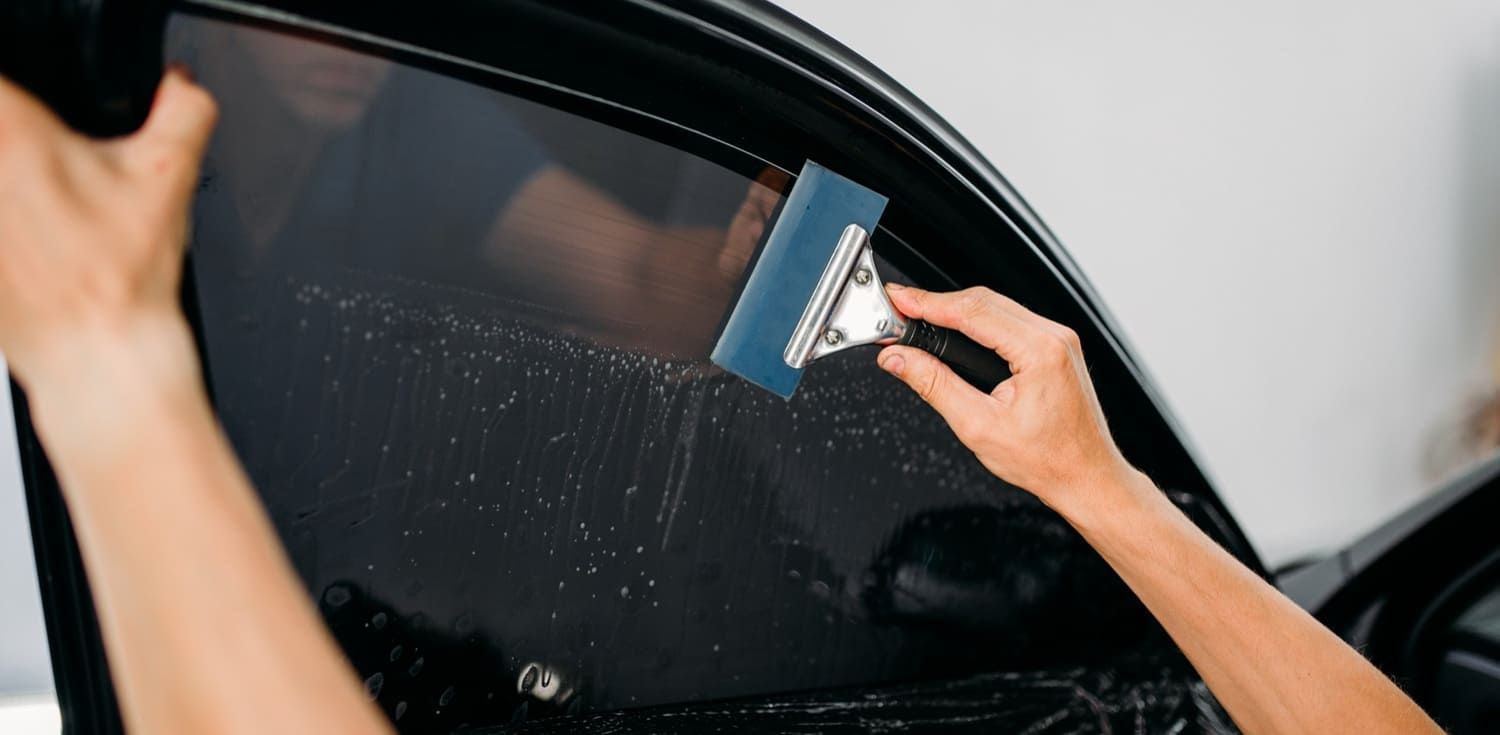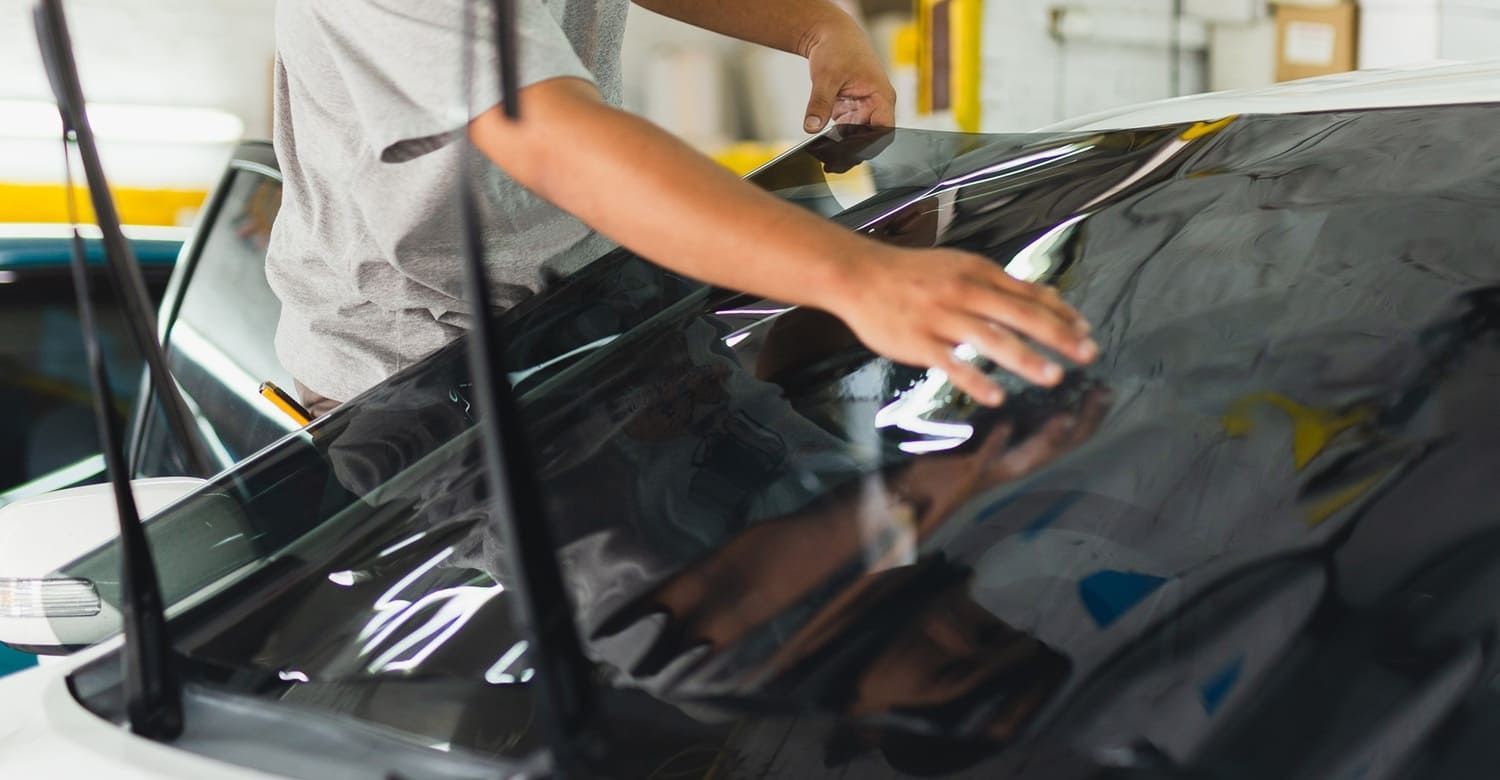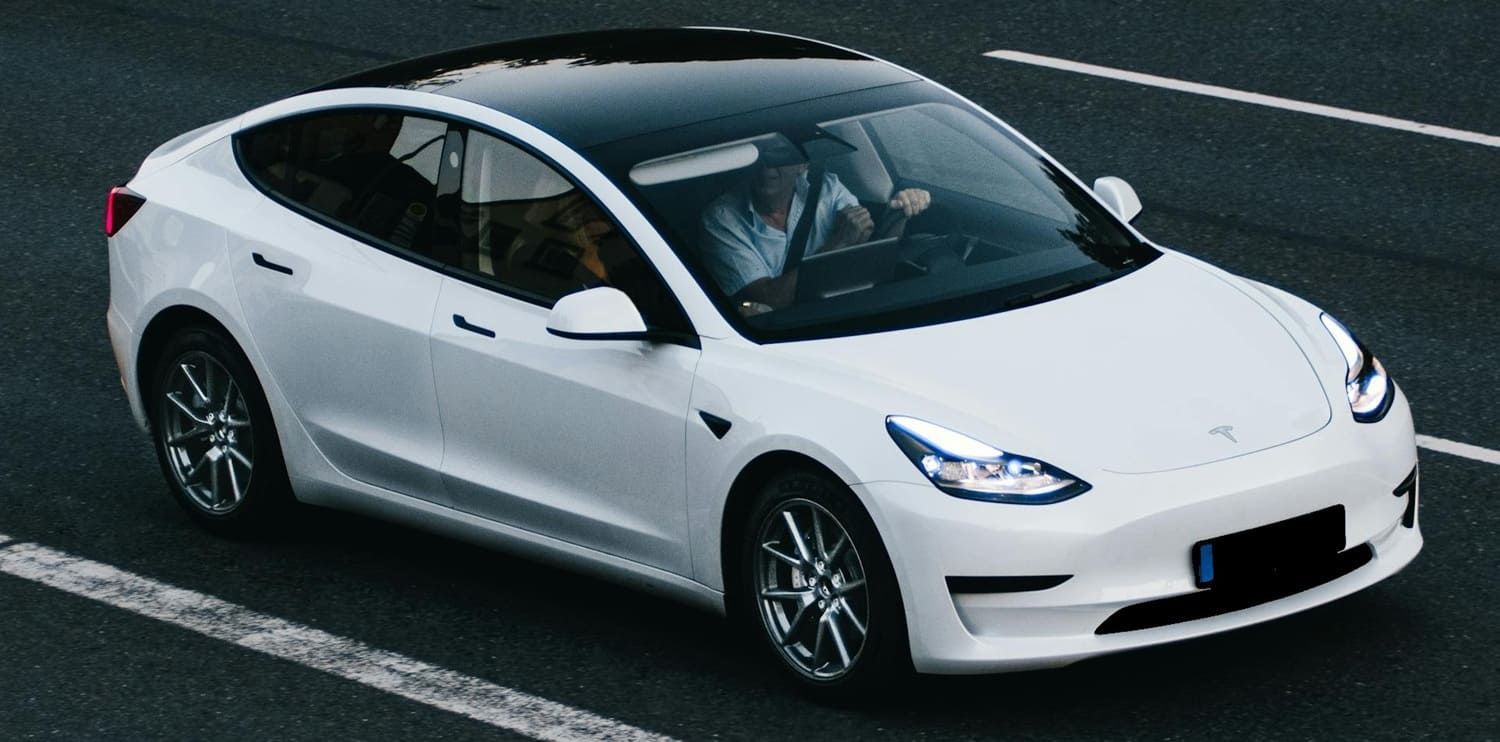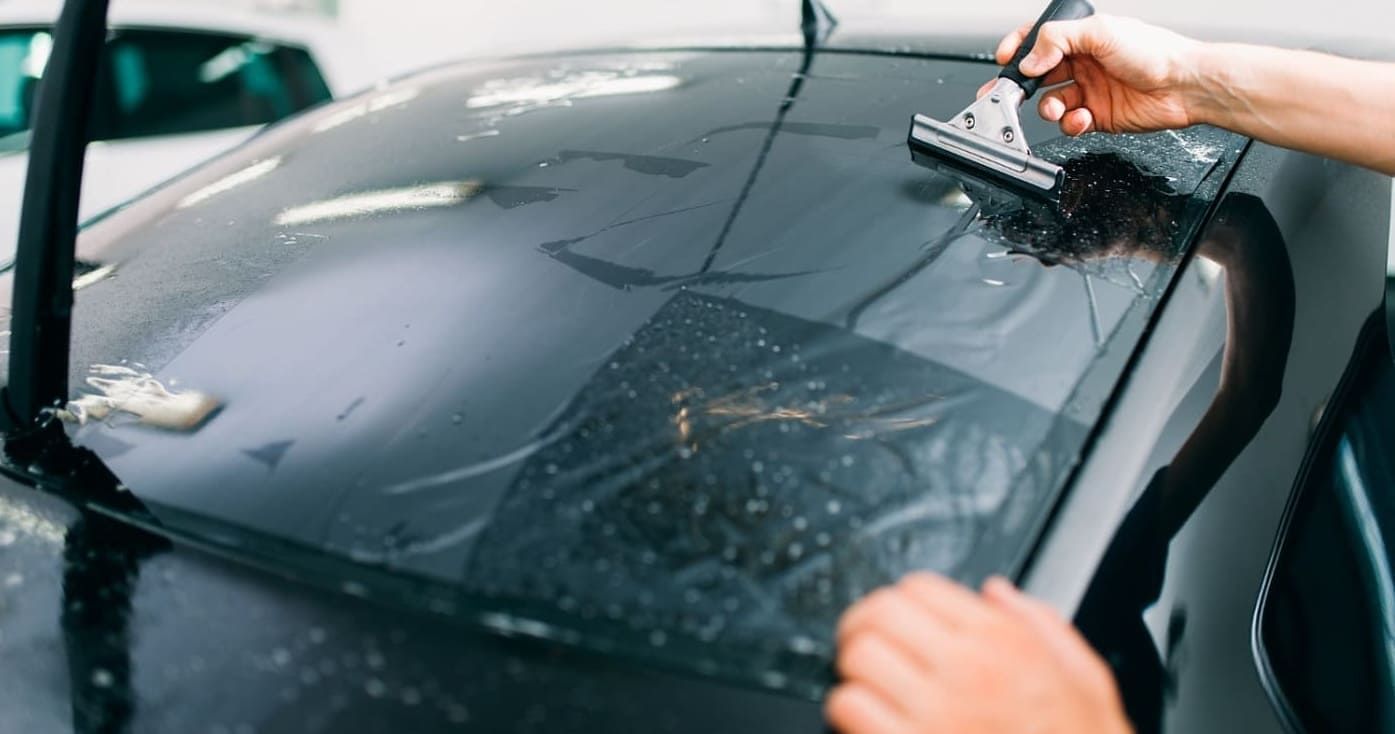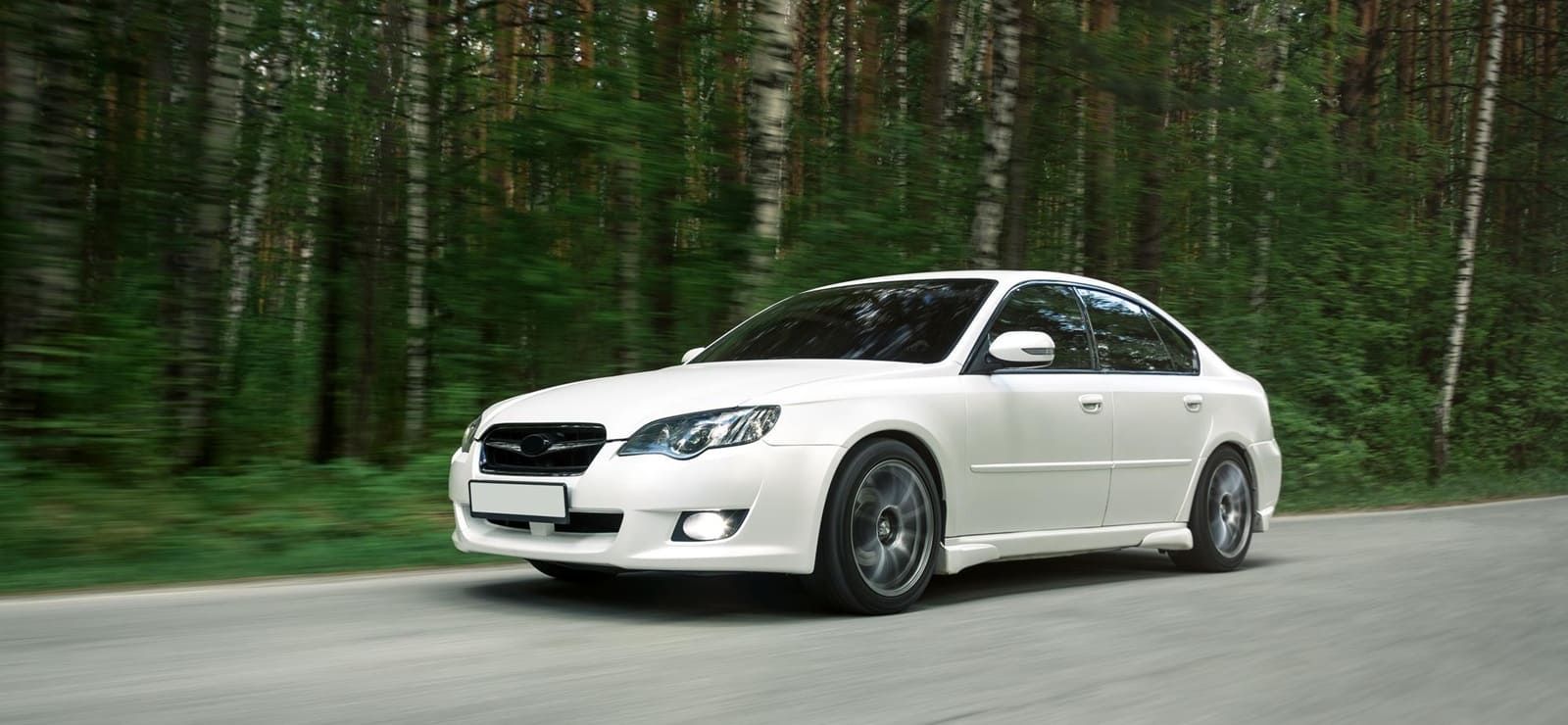How Long Does Car Window Tint Actually Last?
If you're considering car window tint, you should first understand how long it'll last. This is the lifespan you can expect.
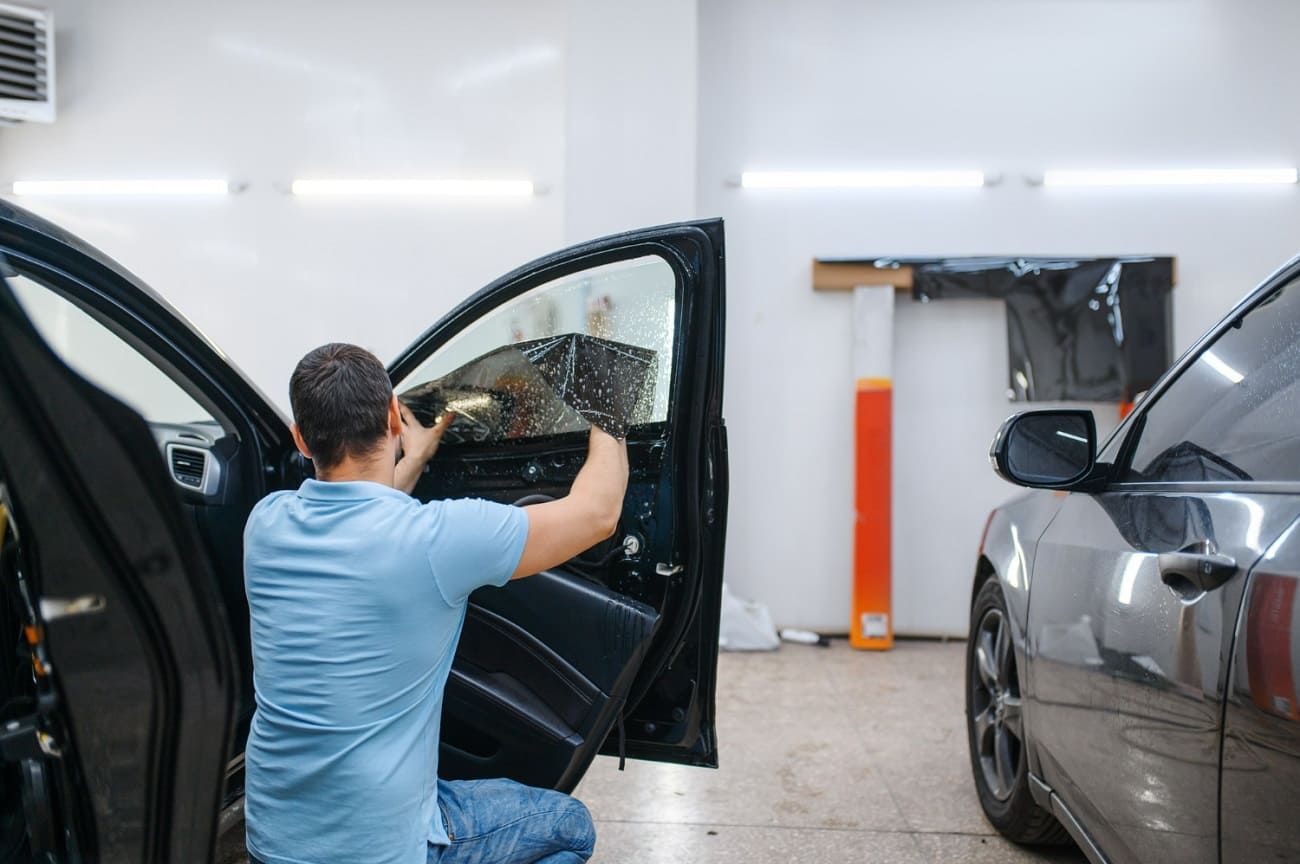
UV radiation is invisible to the human eye, and yet incredibly destructive. It damages materials such as your leather seats, your paint, and everything in between. More importantly, it ages your skin and increases your risk of skin cancer.
All of that changes with car window tint. Auto window tinting not only protects the interior of your car, it keeps it nice and cool. It spares your passengers the damage of UV radiation to the skin and eyes.
However, there is one question many people have once they hire window tinting services: how long is their window tint lifespan?
In this guide, we will discuss all that goes into the average tint lifespan. We'll provide tips on how you can extend it after bringing your car home from a window tinting company.
Factors that Affect the Lifespan of a Car Window Tint
Car window tint, like anything else on your vehicle, does not last forever. Paint, seat leather, and brakes all fade and wear with time. Your window tent will require regular repair and replacement just like any other component of your vehicle.
That said, what causes the tint to degrade depends on a number of factors. Here are just a few:
- Types of window tint and quality of tint
- How well professionals installed the tint
- Your local climate and weather conditions
- How often (or well) you clean the car
All things considered, your tint could last anywhere between six months and several years. It's impossible to give an exact number without considering the above factors. That said, a high-quality tint that you take good care of should last an average of 5 years.
Let's discuss each of these factors in greater depth. We'll also discuss ways you can extend your tint's lifespan.
Types of Window Tint
Not all tint is made equal. Some of it comes from reputable manufacturers with high standards of quality. Others come from foreign mass-production plants with questionable materials and sketchy business names.
You get what you pay for. If you go for the rock-bottom cheapest tint you can find on Amazon, don't expect more than a few months of coverage. The same goes for choosing a local business that slaps it on quickly with little regard for doing the job well.
Further, there are different types of tint regardless of production quality. Low-grade tints, naturally, will not last as long as a more expensive, higher-quality tint.
How to Extend Tint Lifespan
If you want your tint to last longer--and have exceptional UV blocking potential and durability--consider a premium window tint. Investing a bit more, in the beginning, may save you money in the long run.
Quality of Tint Installation
Just as important as the brand and type of tint is how you install it. Tint installation requires careful attention to detail throughout the process. Skipping a step--such as failing to clean the windows well beforehand--can make a great tint look bad.
Unfortunately, this is the price you pay when you go for the cheapest installation available. To make such a low price possible, shops will rush to install it as quickly as they can. It saves you money at the beginning but costs you more when you have to repair or reinstall it later--often earlier than you planned.
How to Extend Tint Lifespan
Make sure you go to a shop that does the job right. They should take extra care to clean and spot-check the windows before applying the tint.
They should custom-fit it into the window dimensions, and remove every single bubble. If they don't do it right the first time, they should offer to fix it free of charge.
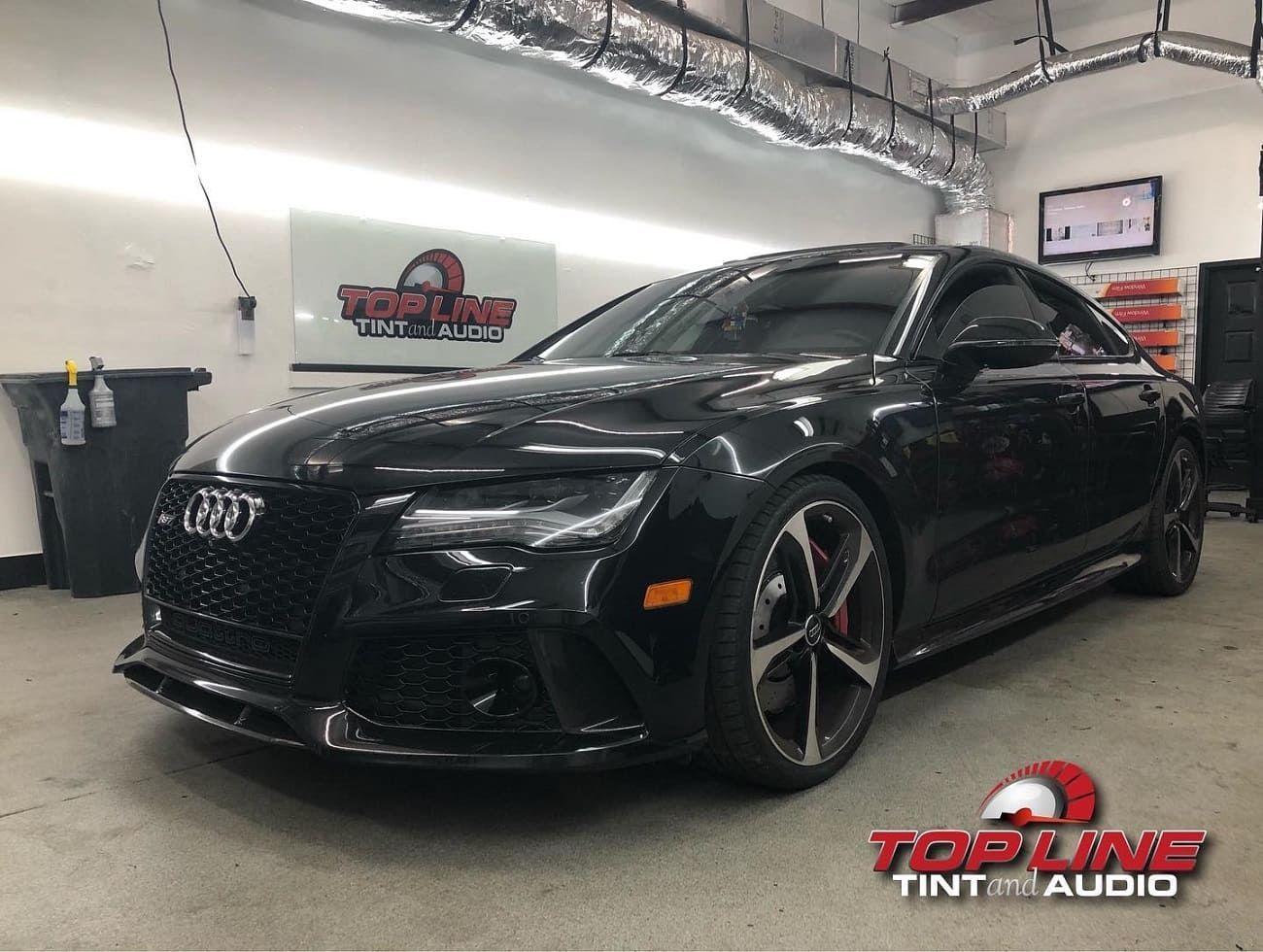
Exposure to Elements
Your tint, somewhat ironically, is vulnerable to the weather. Despite its impressive ability to filter out UV rays, it is still susceptible to them. Just take a look at any vehicle that is parked in the sun all day.
With frequent sun exposure, the tint may begin to peel, discolor, or bubble. It may require a piecemeal repair or complete replacement to be fixed. This is because the UV rays that it absorbs degrade it over time.
Weather Factors
Another factor is rain, snow, dust, and other elements of the weather. Trace amounts of minerals in the rain cycle can slowly degrade the tint or else seep under the edges. Over time, this can reduce a tint's lifespan.
How to Extend Tint Lifespan
The solution is simple: when you aren't driving, park your vehicle in a covered spot whenever possible. Reducing its exposure to the sun and elements means the tint only gets used when you're in the vehicle.
Car Cleaning Habits
How often do you clean your vehicle? If you can draw a smiley face on your back window, then it's time to take your car in for a wash. Not just because it looks bad, but because this can reduce the lifespan of your window tint.
Dirt and grime that accumulates on your vehicle over time can damage it. There are a lot of nasty chemicals and minerals that gather on the roads and dirt shoulders. As cars drive by, the tires kick them up into the air where they hover until they land on your vehicle.
These things can slowly wear down your outward components over the course of years--especially your window tint.
How to Extend Tint Lifespan
The answer is a simple one: clean your car more often. Make sure to remove all traces of dirt and dust from the surface of your vehicle--especially in the seams around your tint. Doing so will make your tint last much, much longer.
Install Your Tint With Top Line Tint and Audio
Car window tint is a must for keeping your vehicle's interior cool, protecting the decor, and keeping your skin youthful. However, even a good window tint can last much less than it should without proper care. Keeping the above in mind, you can expand your tint's life span by a significant margin.
Looking for a high-quality tint with a professional installation? Visit Top Line Tints & Audio. Get your free estimate here.

